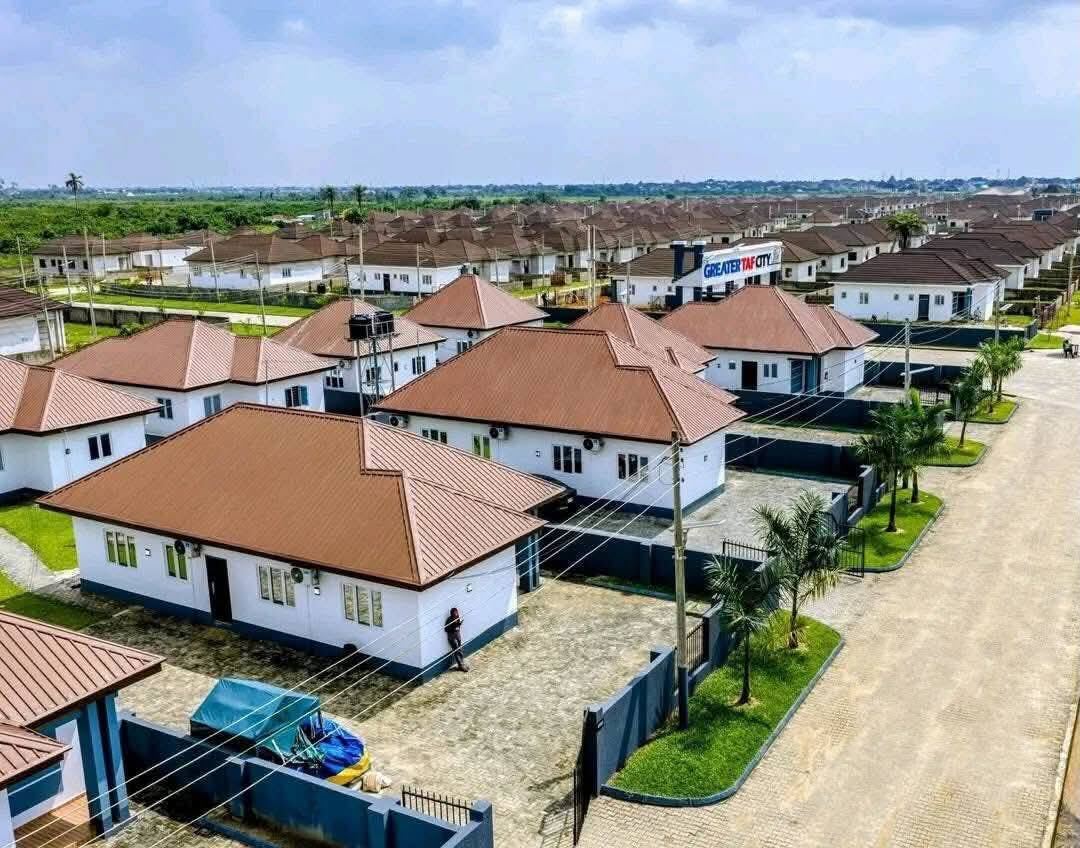Nigeria has successfully phased out 301.32 metric tonnes of Hydrochlorofluorocarbons (HCFC)-141b in the rigid polyurethane foam sector with the commissioning of a new ozone and climate-friendly Polyurethane Systems facility at Vitapur Nigeria Limited.
The achievement aligns with the country’s obligations under the Montreal Protocol’s Phase-out Management Plan (HPMP). The optimised system house project, implemented by the Federal Ministry of Environment in collaboration with the United Nations Development Programme (UNDP), is designed to build local capacity for formulating environmentally friendly chemicals for foam production, while supporting green jobs and sustainable industrial practices.
Minister of Environment, Balarabe Lawal, who commissioned the facility in Lagos, said the project was optimised to formulate ozone and climate-friendly polyurethane systems used in the production of rigid foam.
He explained that five years ago, trial formulations for products such as thermoware, insulation panels, foam blocks, and spray foam faced challenges of shrinkage and high density. This led to further optimisation using eco-friendly blowing agents, including Hydrofluoroolefins (HFO), Cyclopentane, Methylal, and blends of Methylformate and HFO.
Lawal noted that the plant would enable local production of sustainable foam products, reducing dependence on imported technologies. “Rigid foam products, including sandwich panels and spray foam, will be used for thermal insulation in cold storage facilities, commercial and residential buildings, among others,” he said.
He added that ensuring the availability of ozone-friendly, low-global warming potential polyols would sustain the phase-out of HCFC-141b and boost foreign exchange earnings through potential exports of Vitapur products.
Reaffirming the government’s commitment to the Montreal Protocol and its Kigali Amendment, the minister pledged to enable policies and legislation to support stakeholders in implementing multilateral environmental agreements to which Nigeria is a party.
UNDP’s Head of Environment and Climate Unit, Mr Muyiwa Odele, described the project as a demonstration of how climate action can drive economic transformation, social inclusion, and environmental resilience.
“It represents a powerful symbol of Nigeria’s leadership in environmental stewardship, industrial innovation, and sustainable development. This system house shows how global environmental agreements can be localised to deliver tangible benefits, creating green jobs, enhancing industrial competitiveness, and safeguarding public health and ecosystems,” Odele said.
He explained that the technology promotes low-Global Warming Potential (GWP) refrigerants and energy-efficient cooling systems, significantly cutting hydrofluorocarbon (HFC) emissions.
Integrating refrigerant transition with energy efficiency, he added, enhances performance, lowers costs, and creates green jobs, especially for youth in manufacturing, servicing, and innovation.






